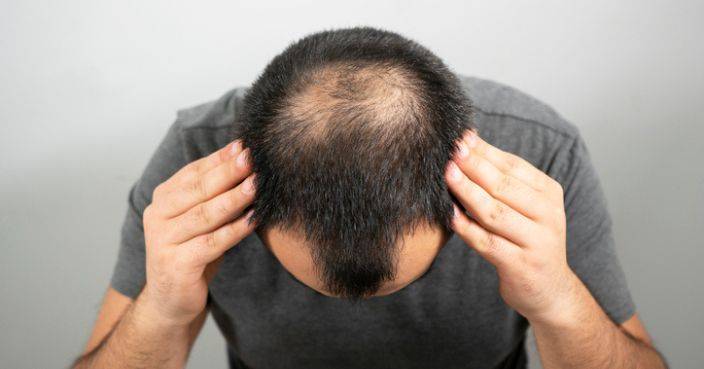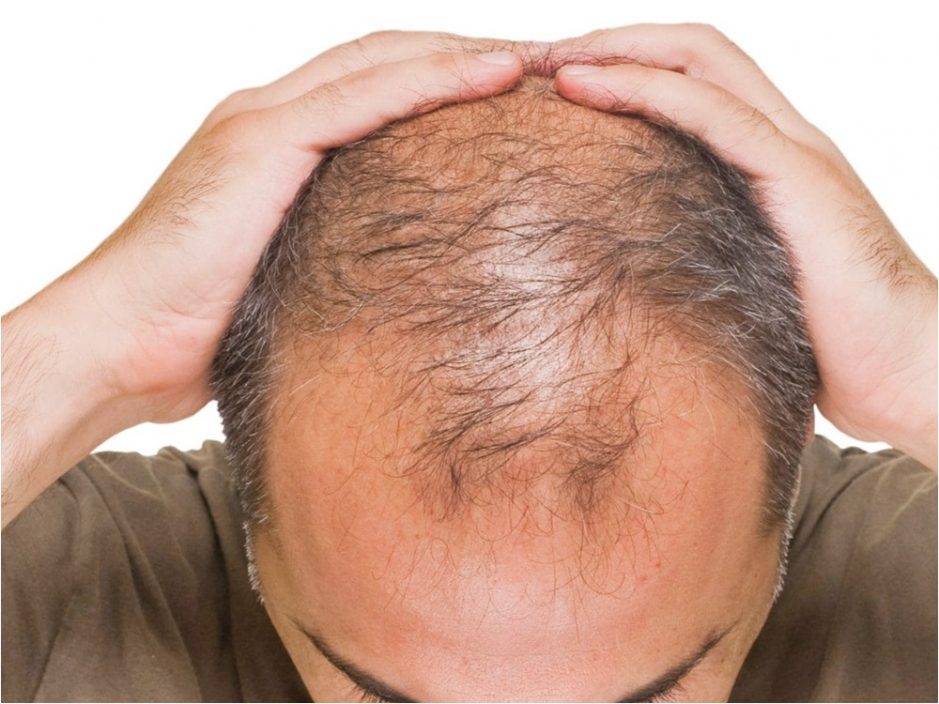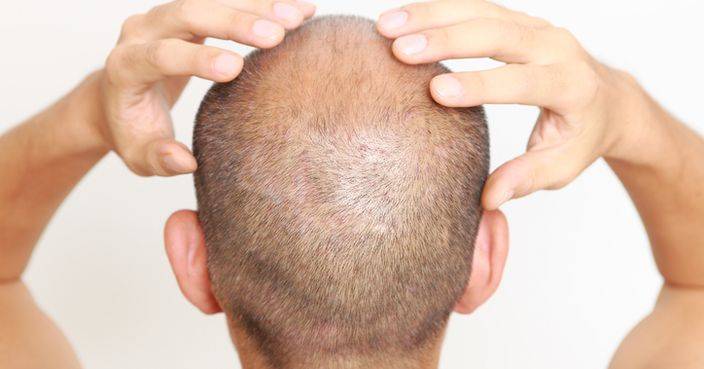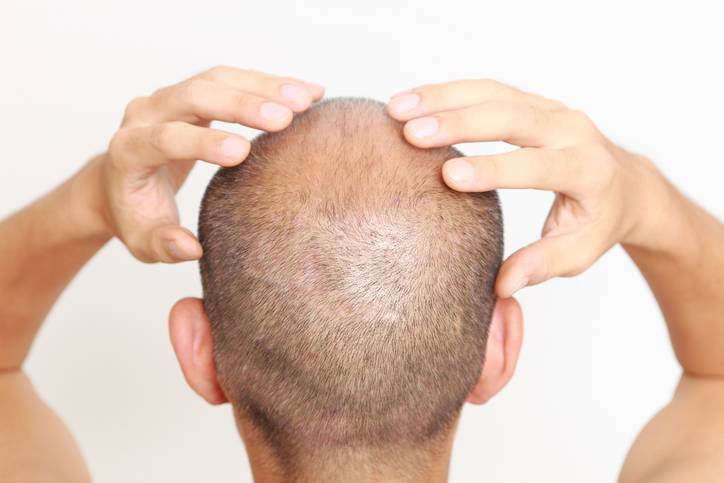Li Guangji, a registered Chinese medicine practitioner, shared a case recently, referring to a 55-year-old man in Hong Kong suspected of losing his hair due to work stress and suffering from “alopecia areata” (ghost shaves his head). , which lasted about a year and sought medical attention from a Chinese doctor. About 10 months after taking Chinese medicine orally and receiving acupuncture, the patient’s hair volume recovered by 70%. Dr. Li pointed out that ghost shaving is mainly related to stress and immune disorders. He explained the ghost shave symptoms and shared several ways to help hair growth.
Dr. Li pointed out that the 55-year-old man suffered from “ghost shaving” in the beginning and that the area affected by the hair loss was about the size of a $ 5 coin, and then gradually became more great. He also had nasal allergies. After the hair loss problem lasted for about a year, I started seeking advice from a Chinese doctor. The doctor pointed out that the patient had a problem of “multifocal alopecia areata”. Due to the imbalance of the immune system, it will take some time to repair, but as long as the patient is treated with patience, it will improve. After 3 months of treatment, the patient’s hair began to grow and the lesions (disease tissue) shrunk. He went on to say that the disease will worsen according to the course of the disease. If the affected area of alopecia areata gets bigger and bigger, the psychological pressure will also aggravate the disease.
Non-Party (Getty Schema)
–
Dr. Li said that after the patient took oral Chinese medicine and received plum blossom acupuncture, the problem of immune disorders improved and the condition was reduced. Because plum blossom needles can eliminate wounds, improve microcirculation and increase hair growth rate. After 10 months of treatment, the patient has recovered 70% of his hair, and the remaining 30% has not been treated because it is not too annoying and does not affect his life.
Definition and causes of “ghost shave”
Dr. Li pointed out that “alopecia areata” is commonly known as “phantom shave” and clinically there are different degrees of alopecia areata:
·Mild symptoms: a patch of hair loss several centimeters in diameter, without inflammation and subjective symptoms (no abnormal subjective sensation).
·Severe: hair loss all over the scalp is called “total alopecia”; hair loss all over the body is called “universal baldness”.
The “Alopecia areata” disease is related to immune disorders and high stress. Genetic allergies are more prone to diseases, such as eczema, asthma, hives. Vitiligo patients are also more susceptible to the disease, with an incidence of 4%, compared to only 1% of the general population.

Design image
–
–
Symptoms and recovery times
How long will it take to heal? Dr. Li said that when “alopecia areata” first appeared, it was difficult to predict when she would recover. Generally, patients with universal alopecia and total alopecia take a long time, usually 2 to 3 years, or even longer. If it’s the first time, it usually tends to heal on its own. If the third disease occurs, the disease is more repeated and difficult to cure.
He went on to point out that “alopecia totalis” and “alopecia universalis” have a large area and poor prognosis (the effect is not good after treatment). Horseshoe-shaped alopecia areata, which breaks through the hairline, from the forehead to the occiput, has a poor prognosis. If it is “monofocal” (a circle), the prognosis is good. Treatment of alopecia areata usually takes effect in three months.Until the original alopecia areata becomes larger, clinical recovery can be achieved in about 10-12 months and the disease also has a tendency to self-healing.
Other methods of improvement
1. Adjust your lifestyle and eating habits
Dr. Li pointed out that “alopecia areata” is related to emotional stress, so you should pay attention to rest and go to bed at 11pm. Also, avoid irritating foods like tobacco, alcohol, and peppers. If alopecia areata has tingling and itching, it is necessary to stop shrimp, crabs, cows, eggs and other hair products, similar to the situation of stopping eczema patients.

Schematic
–
–
2. Apply the ginger
Patients with “alopecia areata” do not need to prepare a soup to drink and can apply ginger to the affected area, but they avoid allergies and blisters and this method is not suitable for patients with other types of hair loss. Dr. Li explained that ginger contains gingerol, shogaol and other ingredients, which can help blood microcirculation in the head, promote scalp metabolism, activate hair follicle tissue, and stimulate new hair growth. After a month of external application, if there is no effect, he recommends using other methods to stimulate scalp hair growth, such as hair tonic with minoxidil ingredients or psoralen dye, weak laser cap.
3. Press the acupoints
Dr. Li pointed out that patients can massage Yintang, Baihui, Taiyang, Hegu and Zusanli on their own to improve blood circulation, relax scalp tension, and relieve stress.



